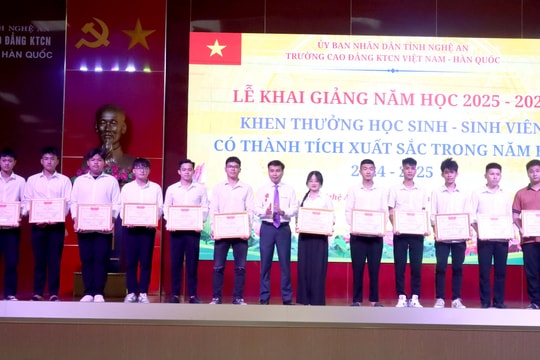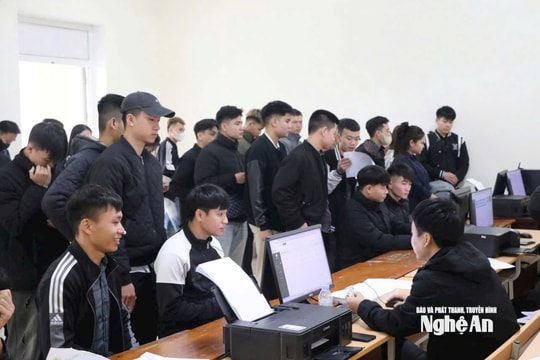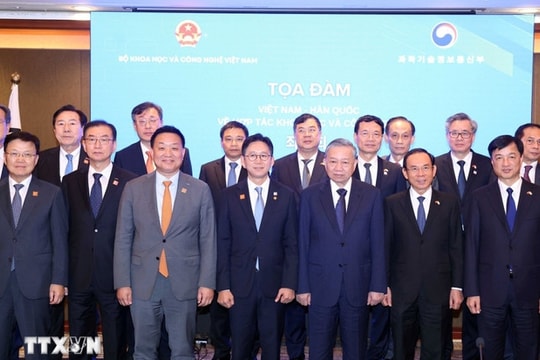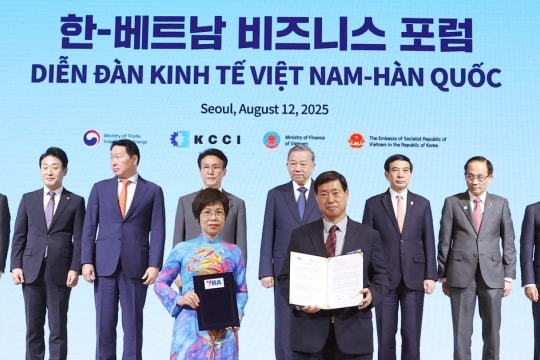China and the Korean Peninsula: Kim Jong-un holds the trump card
(Baonghean.vn) - In the context of the surprising diplomatic breakthrough on the Korean Peninsula, many sudden changes have taken place in China's relations with the two regions of this peninsula.
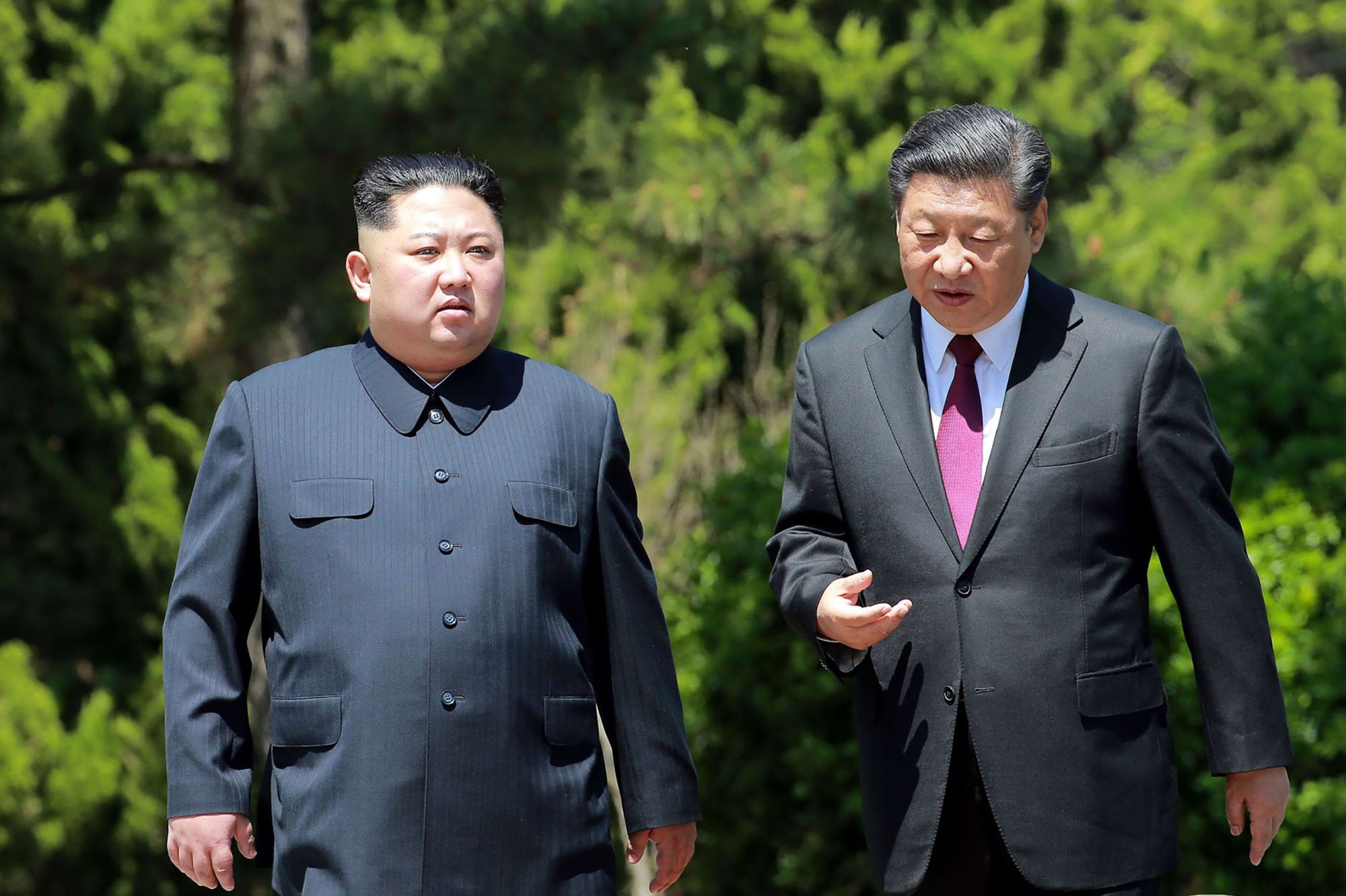 |
| Chinese President Xi Jinping (right) walks with North Korean leader Kim Jong-un in Dalian. This photo was released by KCNA on May 8. Photo: AFP |
Around this time last year, China was imposing economic sanctions on both South Korea and North Korea. Under pressure and warning from US President Donald Trump, China introduced tougher economic measures against North Korea, despite Pyongyang’s vociferous criticism that Beijing was “crossing a red line.”
China’s relations with South Korea also hit a low in 2017 due to a dispute over Seoul’s decision to deploy the US Terminal High Altitude Area Defense (THAAD) missile system and China’s subsequent economic retaliation. Even after agreeing to a reconciliation with Seoul in October 2017, China continued to pressure South Korea to make a clear commitment to limit the operation of THAAD’s long-range radar system.
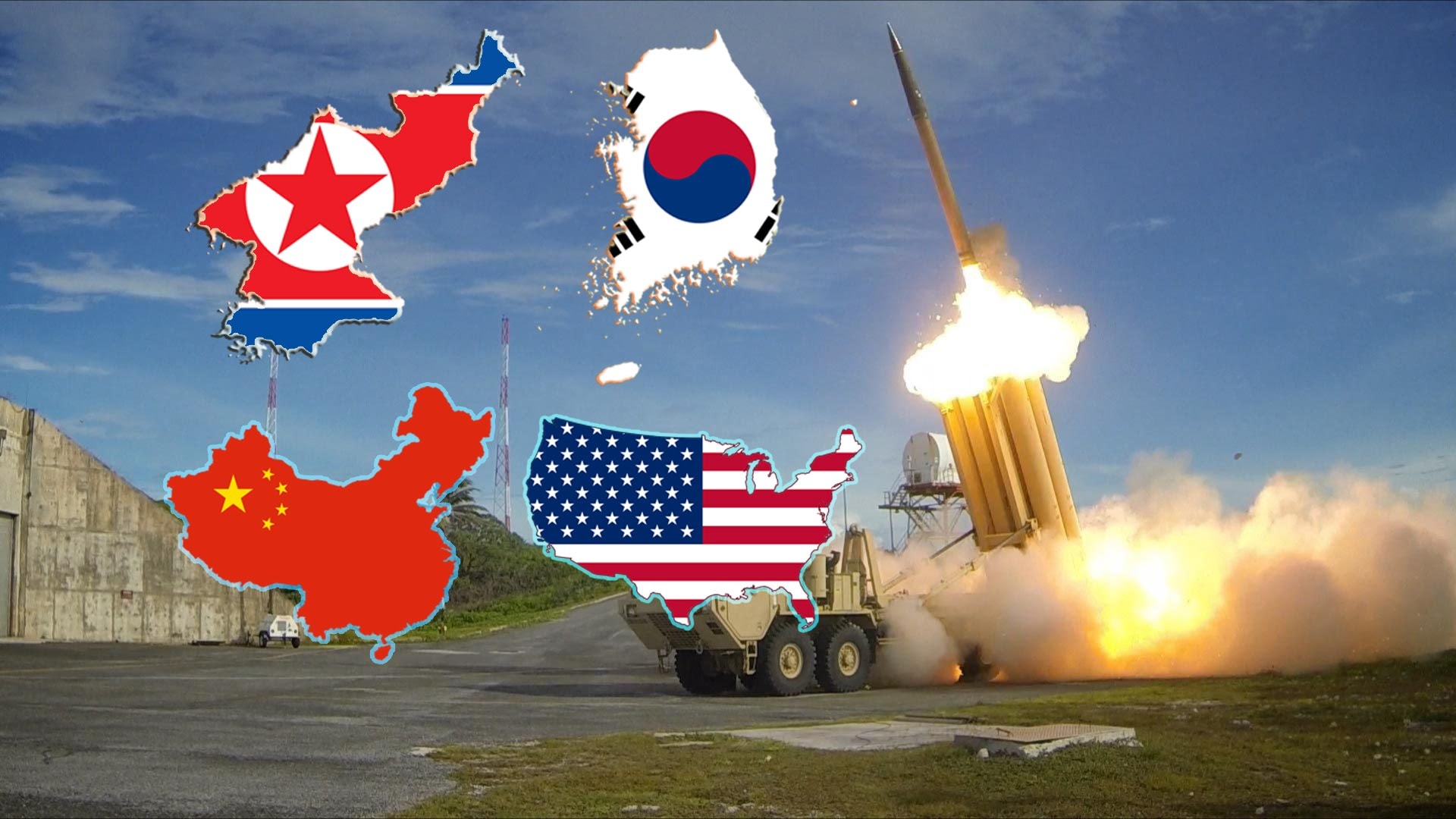 |
| The US THAAD system deployed in South Korea was one of the sources of concern for China, causing Beijing-Seoul relations to deteriorate in 2017. Photo: asianews |
However, since the two Koreas agreed to hold a summit and President Trump accepted Pyongyang’s proposal for direct talks in March 2018, China has been rushing to improve its relations with both Koreas. Chinese President Xi Jinping held the first summit with North Korean leader Kim Jong-un since Kim took power in 2011, at which Xi urged that the friendship between the two countries “should not and will not change.”
China has also sought to repair relations with South Korea. Shortly after Kim left China, Beijing sent State Councilor Yang Jiechi as a special envoy to Seoul to share what had been discussed between Xi and Kim. In a meeting with South Korean President Moon Jae-in, Yang publicly praised Seoul’s diplomatic achievements and promised to lift any remaining informal sanctions against South Korean companies.
Although Beijing has long encouraged inter-Korean dialogue and stressed the need for direct talks between Washington and Pyongyang, it now worries that it could be sidelined in that process.
These efforts underscore China’s concern about being left out. While Beijing has long encouraged inter-Korean dialogue and stressed the need for direct talks between Washington and Pyongyang, it now worries that it could be sidelined in the process. If Trump and Kim manage to hold a summit and reach an agreement on denuclearization, talks could open up on a peace mechanism to replace the 1953 Korean War Armistice.
China’s basic position is that it needs to be involved in such discussions as one of the original signatories to the armistice agreement. It does not want to be excluded from any negotiations that could discuss crucial issues such as the establishment of a Korean peace mechanism and the possible withdrawal or reduction of military assets (including THAAD) and US forces stationed in South Korea.
China’s response to the inter-Korean summit so far appears to suggest it has decided to tread carefully, rather than stir up further tension and instability. China’s leaders may be watching the summit with mixed emotions, but Beijing’s official response to the meeting has been generally positive.
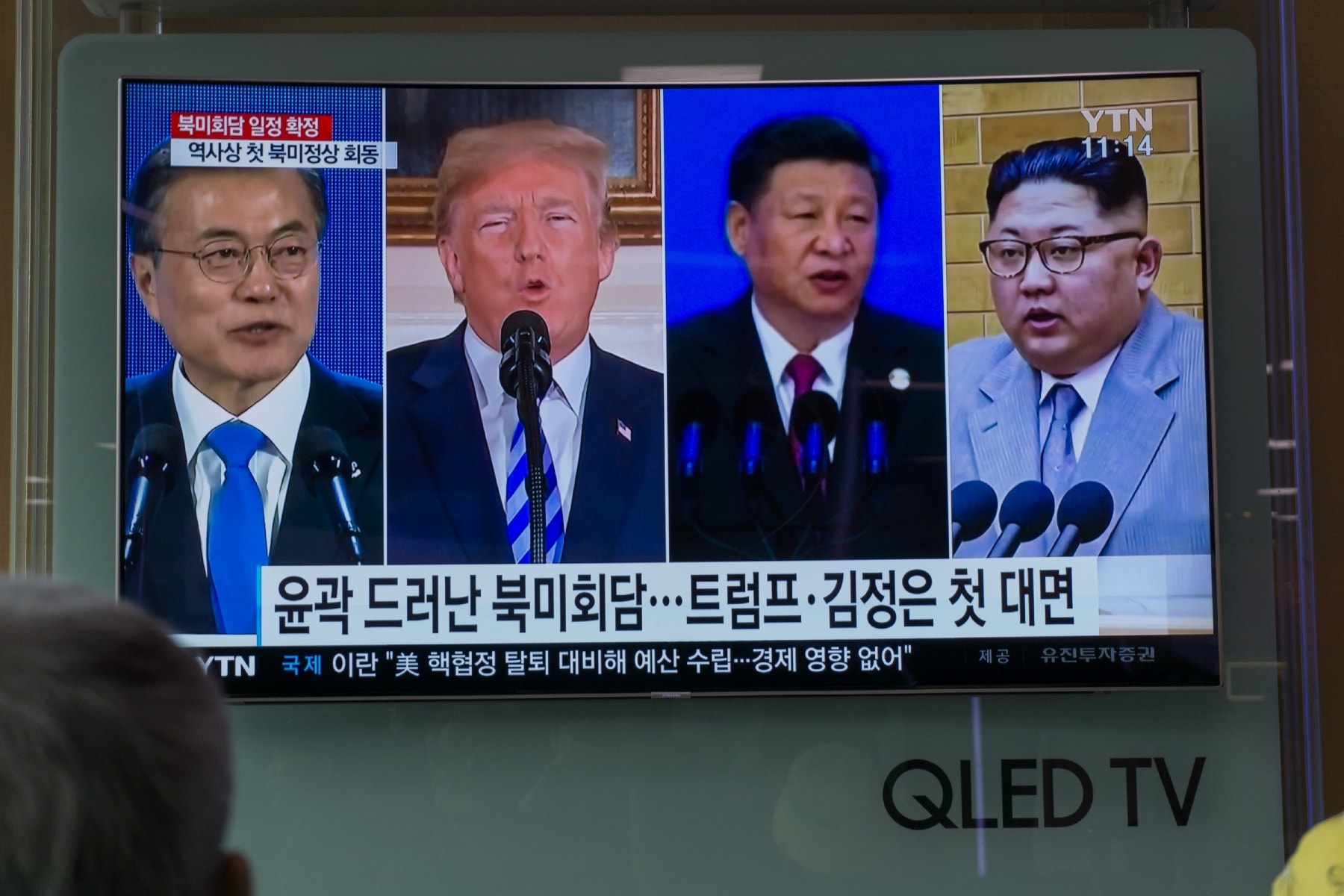 |
| People watch news about South Korean President Moon Jae-in, US President Donald Trump, Chinese President Xi Jinping and North Korean leader Kim Jong-un in Seoul on May 11. Photo: AFP |
Some Chinese commentators have raised serious concerns about China being sidelined by the Panmunjom Declaration between the two Koreas, which asserts that it will pursue “trilateral meetings involving the two Koreas and the United States, or quadrilateral meetings involving the two Koreas, the United States and China” to establish a peace mechanism. But China’s Foreign Ministry has avoided mentioning the issue, while still welcoming the “positive results” of the inter-Korean agreement.
What has appeased China is that, shortly after the inter-Korean summit, both Seoul and Pyongyang have signaled that they are taking Beijing seriously. In a phone call between Moon and Xi on May 4, China successfully secured Seoul’s commitment to work closely with Beijing to formally end the Korean War. Kim also pleased Xi by making another surprise visit to China on May 7.
What policymakers will need to pay attention to from now on is how North Korea will exploit China’s fear of being left out. While Pyongyang is improving relations with Beijing, it has yet to clarify its stance on China’s specific role in the peace process and the future of US forces in South Korea – the two most important issues Beijing wants resolved.
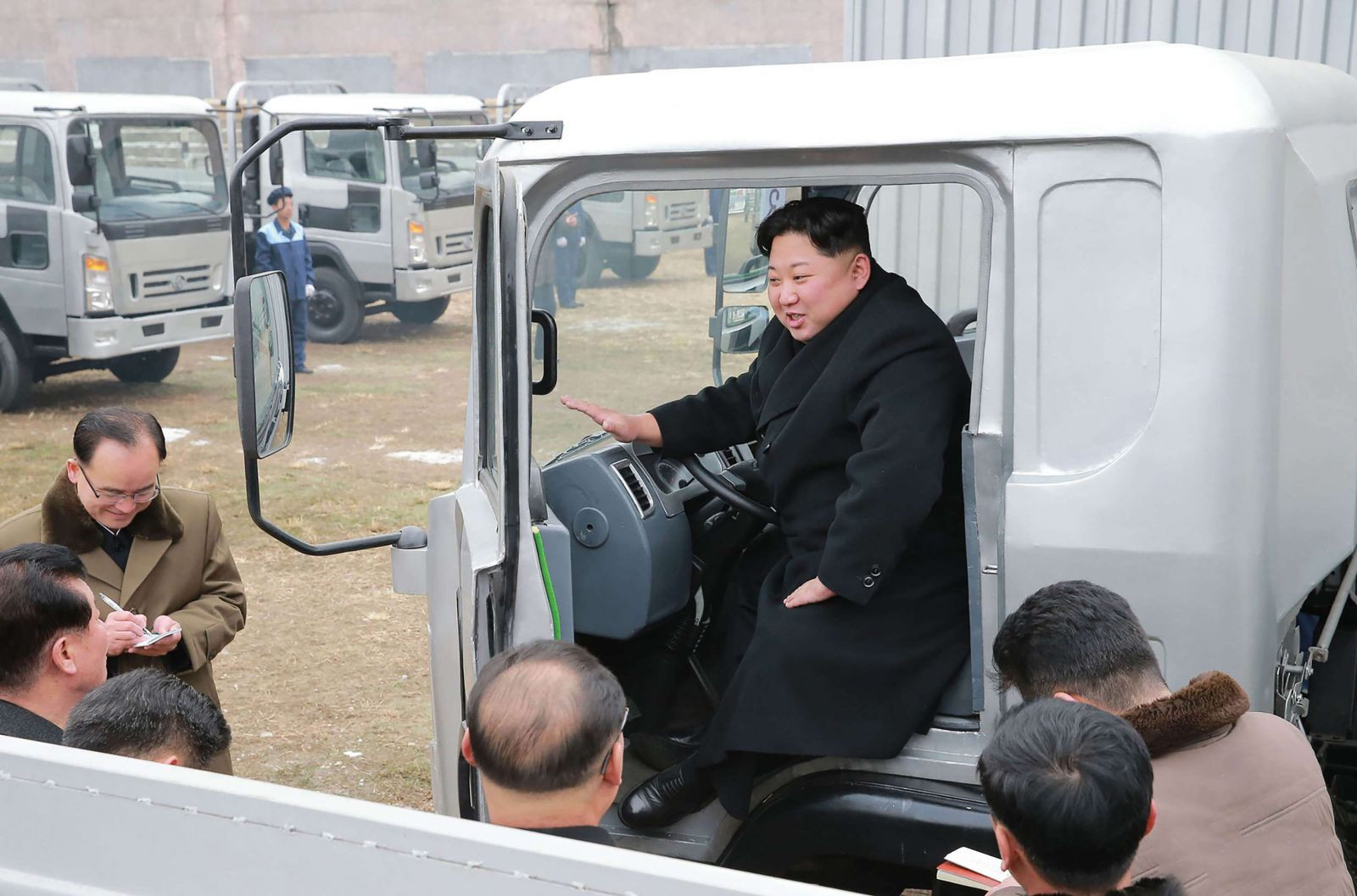 |
| Kim Jong-un knows that he is now the one holding the steering wheel. Illustration photo: AFP |
It is possible that Kim is maintaining strategic ambiguity to use China’s fear of being left out as leverage with Beijing. Kim has also used his two summits with Xi to confirm and demonstrate China’s support for a phased approach to denuclearization, which the US does not want.
In addition, he can exploit Beijing’s fears to ease China’s sanctions, which are a key element of his strategy of “maximum pressure and engagement” in negotiating and implementing denuclearization and peace mechanisms. Kim is fully aware that he is now in the driver’s seat.

.jpg)
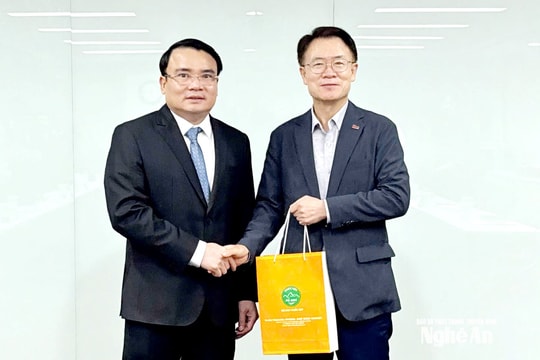
.jpg)
